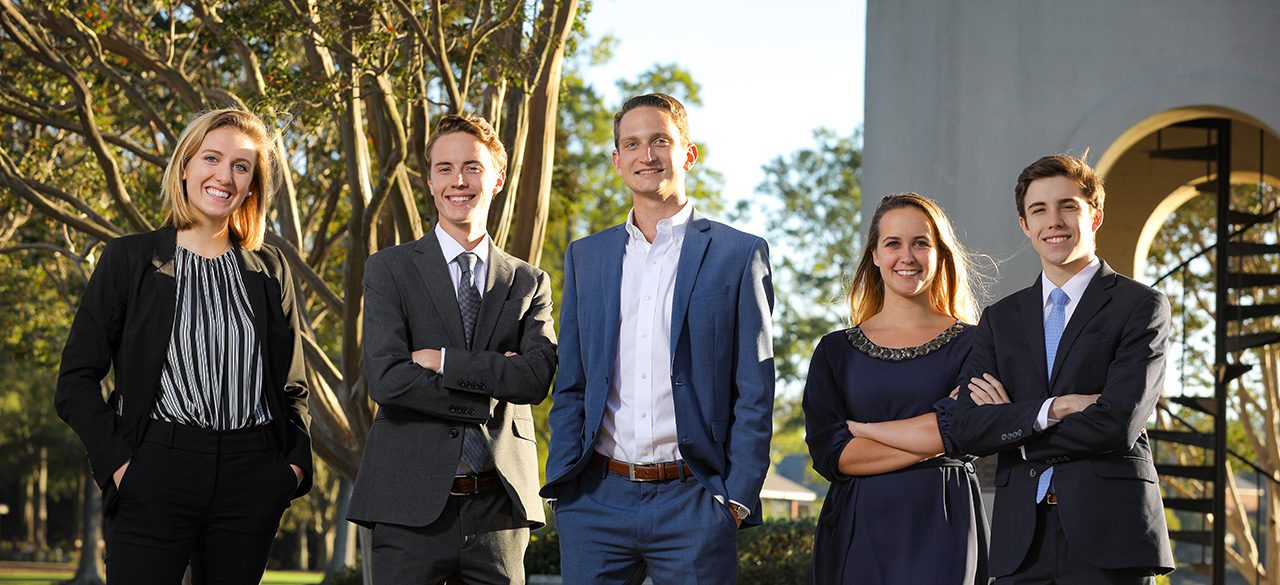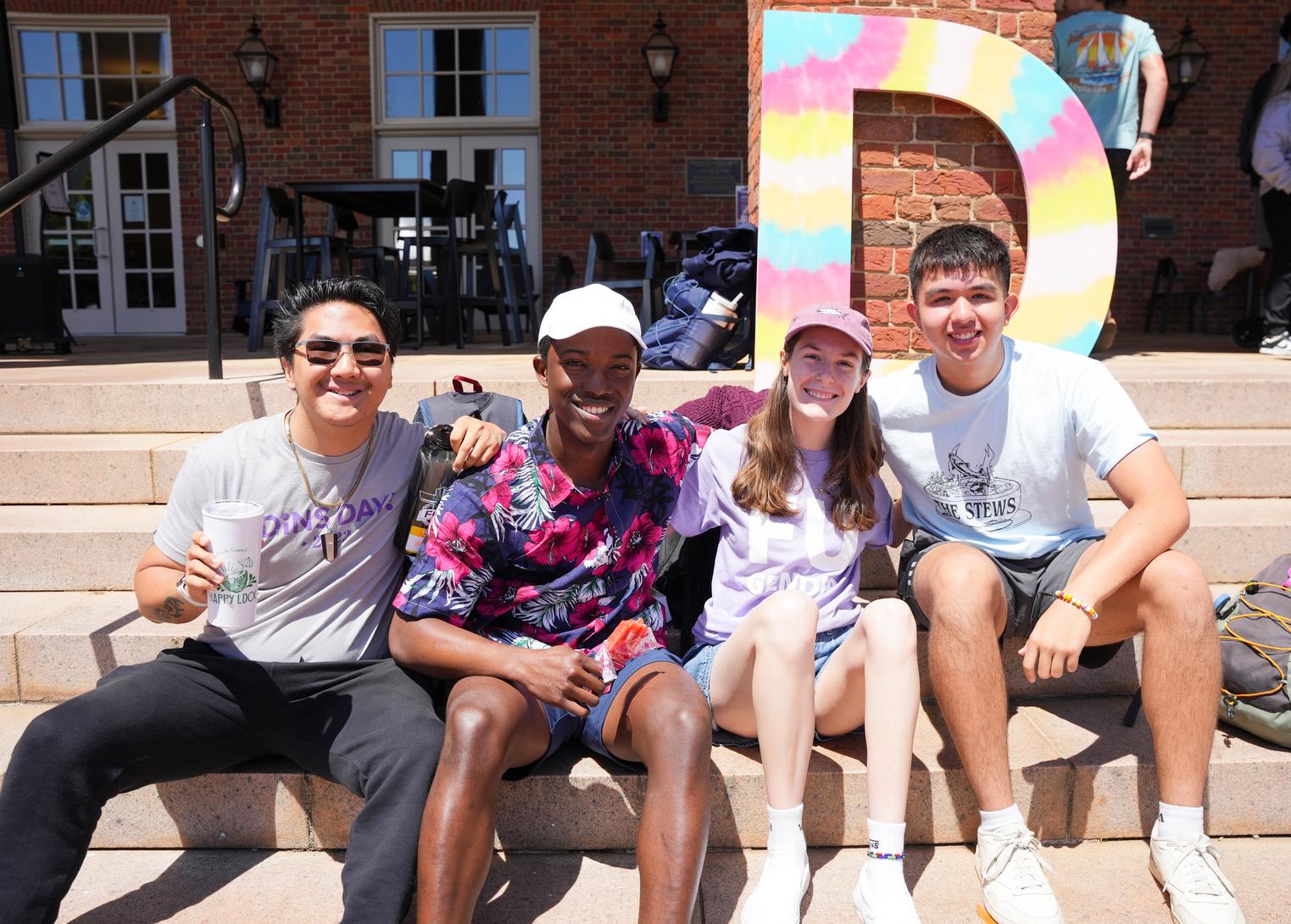Program Overview
Table of Contents
What is a pre-law track?
A pre-law track is designed for students who wish to explore career options in the legal profession. Pre-law is a way for undergraduates to engage in law-related classes, internships, research and study away opportunities to 1) help them determine if law is an appropriate path for them, and 2) prepare them with the skills, know-how and experiences to be accepted to law school either after graduation or years later.
Why explore pre-law at Furman?
You’ve thought about law as a profession, but you may not be sure it’s the right career path. Pre-law at Furman gives you the chance to investigate law professions while you pursue any of the 70-plus majors, minors and programs that Furman offers. Guided by a dedicated, full-time pre-law advisor, you’ll develop a powerful set of skills – problem-solving, critical thinking, research, organization, collaboration and time-management – while boosting verbal and written communication competencies and learning ways to promote public service and justice. Plan a visit to Furman’s beautiful campus or start your application today. Furman’s pre-law advisor is with you every step of the way, from introducing you to different legal professions to preparing for the Law School Admission Test (LSAT) to applying for law school and helping you secure funding for it. Contact the pre-law advisor in the Office of Pre-Professional Advising to start the conversation.
How will you learn?
It’s not surprising that Furman’s law school acceptance rate for alumni far exceeds national averages by over 20 percentage points (see Fast Facts). On top of one-on-one advising for students and graduates alike, pre-law at Furman exposes future juris doctorate candidates to admission workshops, law school visits, regional Law School Admission Council (LSAC) forums and more, to familiarize you with the law school admission process and how to expertly navigate the demands once admitted.
Based in Furman’s Office of Pre-Professional Advising, the Furman pre-law advisor hosts law schools on campus, attorney panels and attorney-alumni gatherings, which connect you to the local legal community. You’ll learn from speakers and participate in career treks to understand the many roles you can play in the legal profession. You’ll also gain practical, hands-on experience through targeted legal internships in the fast-growing city of Greenville, South Carolina. And since Furman’s hometown is not a law school hub, you won’t be competing with law students for the top internships at legal firms and offices in the area.
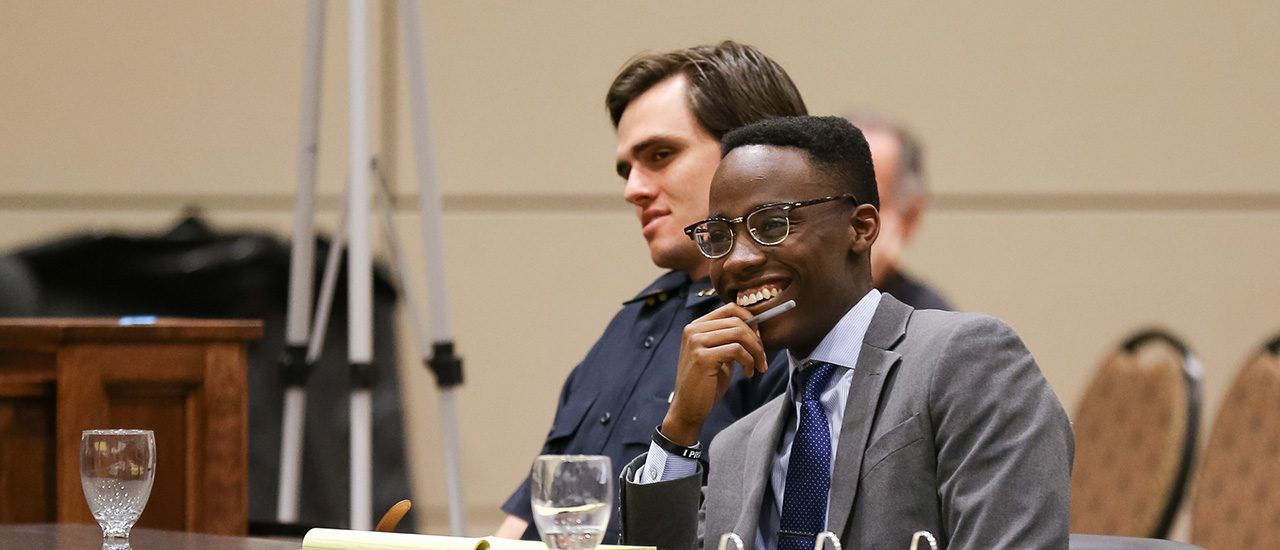
Careers in the legal profession
A wealth of career possibilities exist in the legal profession. The pre-law advisor, the Internship Office, and the Malone Center for Career Engagement can connect students with attorney alumni mentors across practice areas. Some options for lawyers and attorneys include:

- Civil rights law
- Corporate and securities law
- Criminal law
- Education law
- Employment and labor law
- Environmental and natural resources law
- Family and juvenile law
- Health law
- Immigration law
- Intellectual property law
- International law
- Personal injury law
- Real estate law
- Sports and entertainment law
- Tax law
Featured pre-law courses
There are no academic major or course requirements for pre-law at Furman. You’ll find law-related content in nearly every department on campus. Students should meet with the pre-law advisor to discuss current course offerings and courses they may find interesting. Some samples include:
-
94%law school acceptance rate for Furman seniors in the last five years
-
71%national law school acceptance rate in the last five years
-
70law schools where Furman students have been accepted in last five years
What our students say
Our faculty
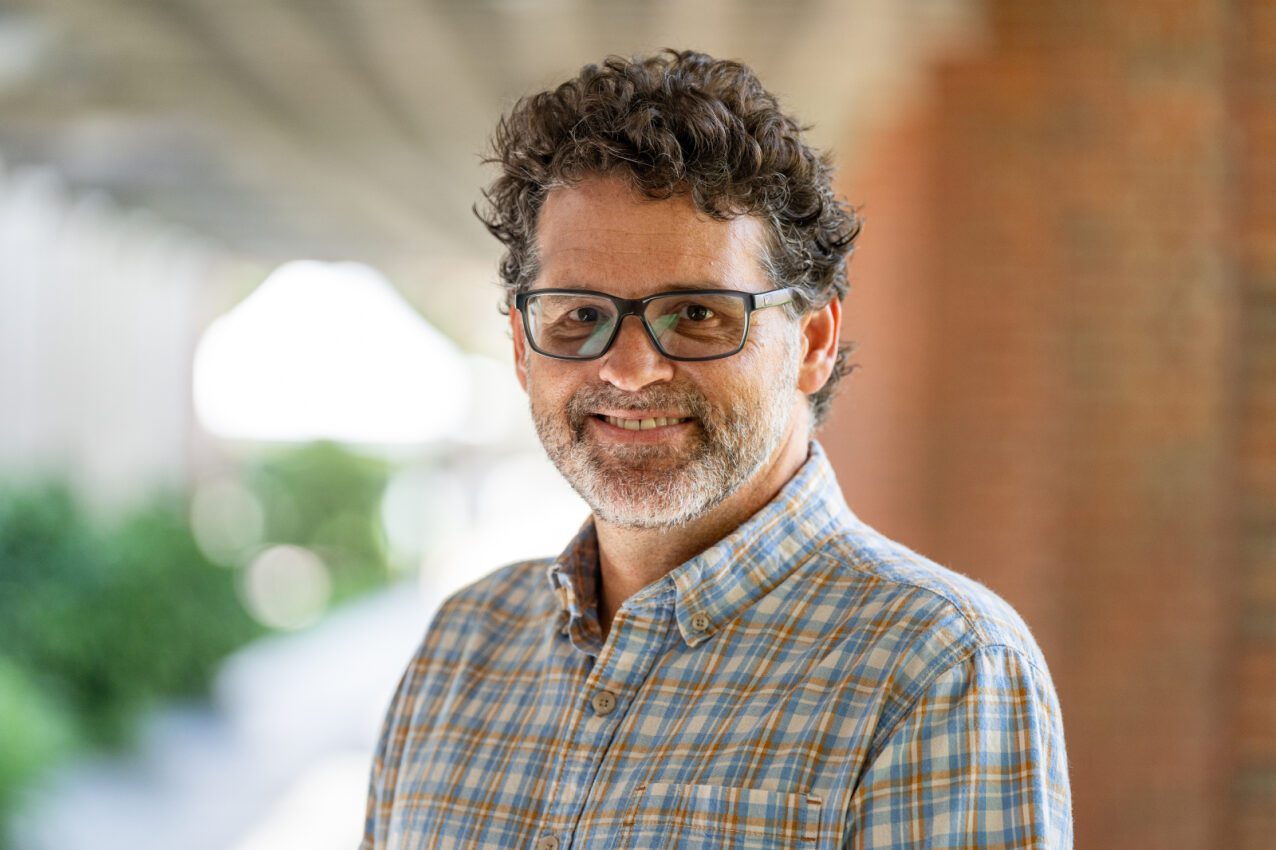
Erik Anderson
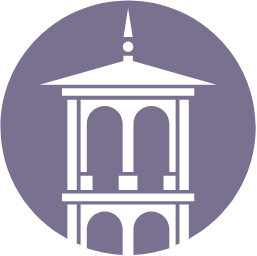

Nathan Cook
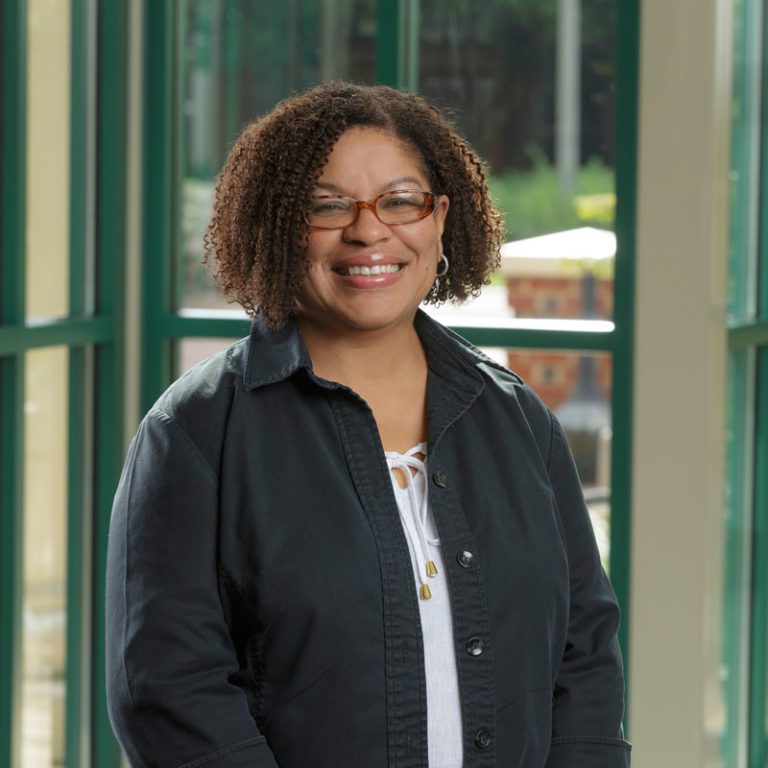
Teresa Nesbitt Cosby

Akan Malici
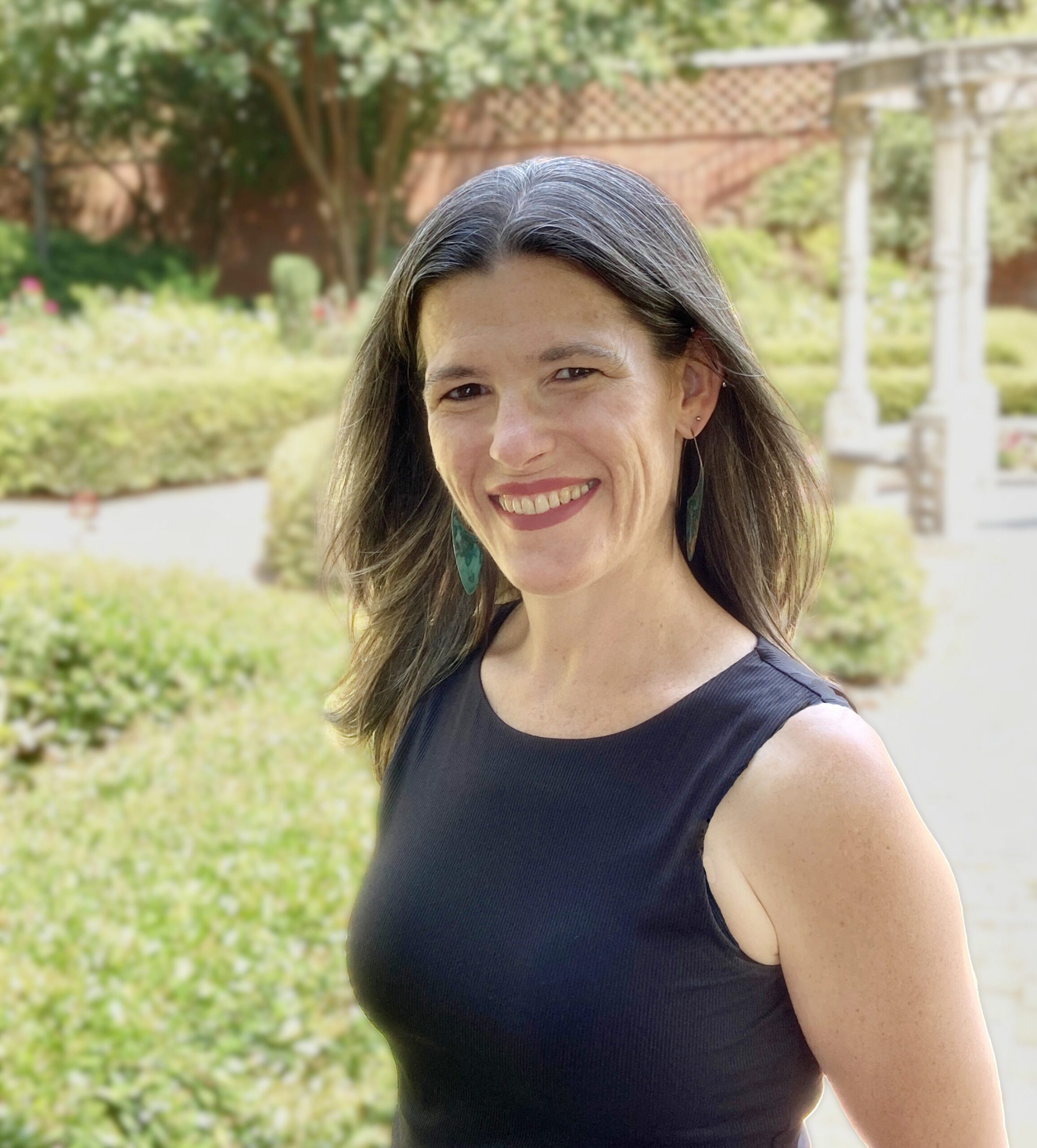
Laura Morris
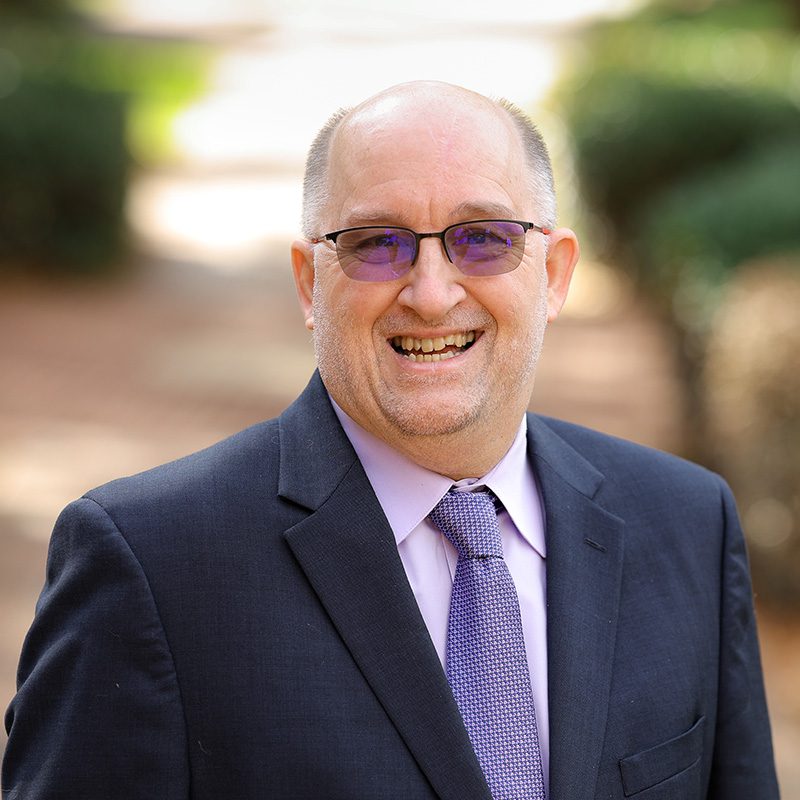
Glen Halva-Neubauer
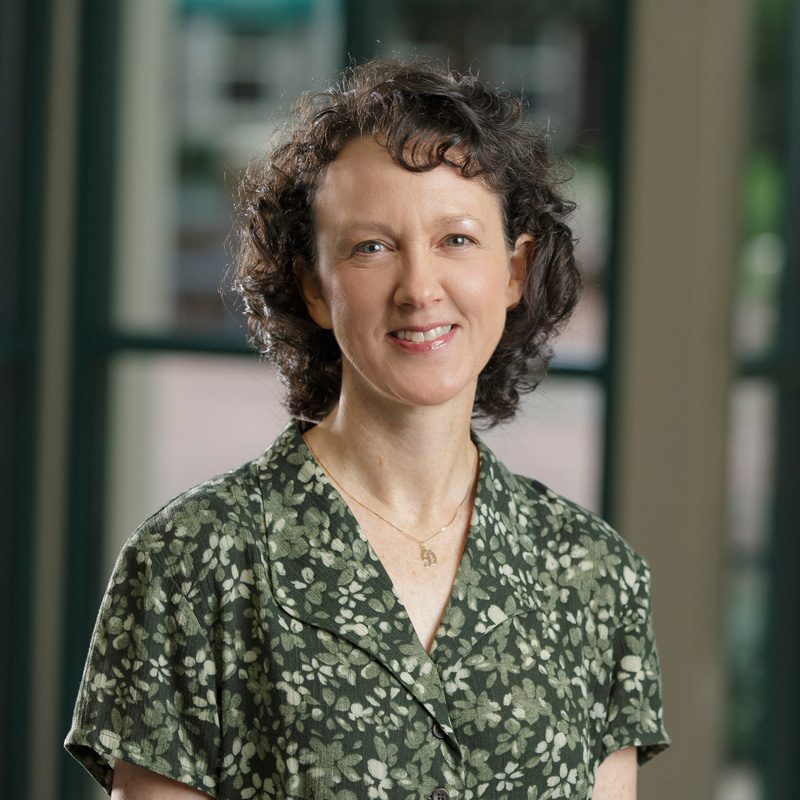
Danielle Vinson

Pre-Law Program F.A.Q.
To connect with pre-law at Furman, contact the pre-law advisor in the Office of Pre-Professional Advising. It’s also a good idea to fill out the pre-law interest form.
Furman’s study away programs represent engaged learning at its finest. Add a global dimension to learning as you cultivate intellectual curiosity, develop new skills and build self-confidence – keys to competing in a complex, ever-evolving world. The majority of study away programs, including semester-long and three-week May Experience (MayX) courses, are interdisciplinary in nature and open to students of all majors. Law-focused MayX options led by alumni who are attorneys have addressed the intersection of medicine, poverty and law, as well as trial advocacy.
In addition to interning at legal firms, our students have secured internships at the U.S. Attorney’s Office, public defender agencies, government agencies, health care systems and nonprofits. Through the Upstate Medical Legal Partnership, our students gain valuable experience at Prisma Health. Furman remains the only undergraduate institution in the nation to partner with a medical legal partnership.
Working under the supervision of practicing attorney faculty members, our students acquire real-world experience representing clients through The Justicia Project, a partnership with the Department of Politics and International Affairs and a local law firm. Joining Furman’s prestigious mock trial program is another way aspiring attorneys develop and polish their skills in trial advocacy, public speaking and critical thinking.
If you are interested in law, choose any major you are passionate about. Students typically declare a major by the end of their sophomore year, so there’s plenty of time to explore options. There are no academic major requirements to participate in pre-law activities at Furman. Grades matter in pursuing downstream law schools as do LSAT scores, so select a major that inspires you and one in which you think you’ll excel.
Students planning to go directly to law school after graduation typically take the digital LSAT in the summer after junior year. Ideally, students would only need to take the LSAT once; however, LSAC permits students to take the exam up to three times in a testing cycle. While law schools have access to all test scores, they overwhelmingly consider students’ high LSAT score. Because the rolling admissions cycle opens in September or October each year, it’s in your best interest to submit applications as soon as you have a strong admissions packet ready in the fall. Students taking gap years have more flexibility, and many students opt to take the LSAT in the summer after graduation. The LSAT remains on file for five years.
Furman graduates gain admittance to a range of institutions from smaller colleges to larger Tier I, Top 50 universities (as ranked by U.S. News and World Report). Some of the Tier I law schools our Furman alumni have attended in the last five years include University of Chicago, Harvard University, University of Pennsylvania, New York University, University of Virginia, University of California Berkeley, University of Michigan, Duke University, Cornell, Northwestern, Georgetown, Boston University, University of Texas, Vanderbilt University, University of Florida, University of North Carolina Chapel Hill, George Washington University, University of Alabama, Notre Dame, University of Georgia, Emory, Ohio State, William and Mary, University of Illinois, Washington and Lee, Boston College, Fordham University, Wake Forest University, University of Maryland and University of Colorado. Other Top 100 schools our alumni have matriculated to in the last five years include University of Richmond, SMU, Loyola, Georgia State and University of South Carolina.
Payscale.com reports that the average starting salary for attorneys is $87,606. If you study at the Top 14 law schools, then gain employment in “biglaw” (the largest and most successful firms), your starting salary could be as much as $235,000 including bonus pay.
